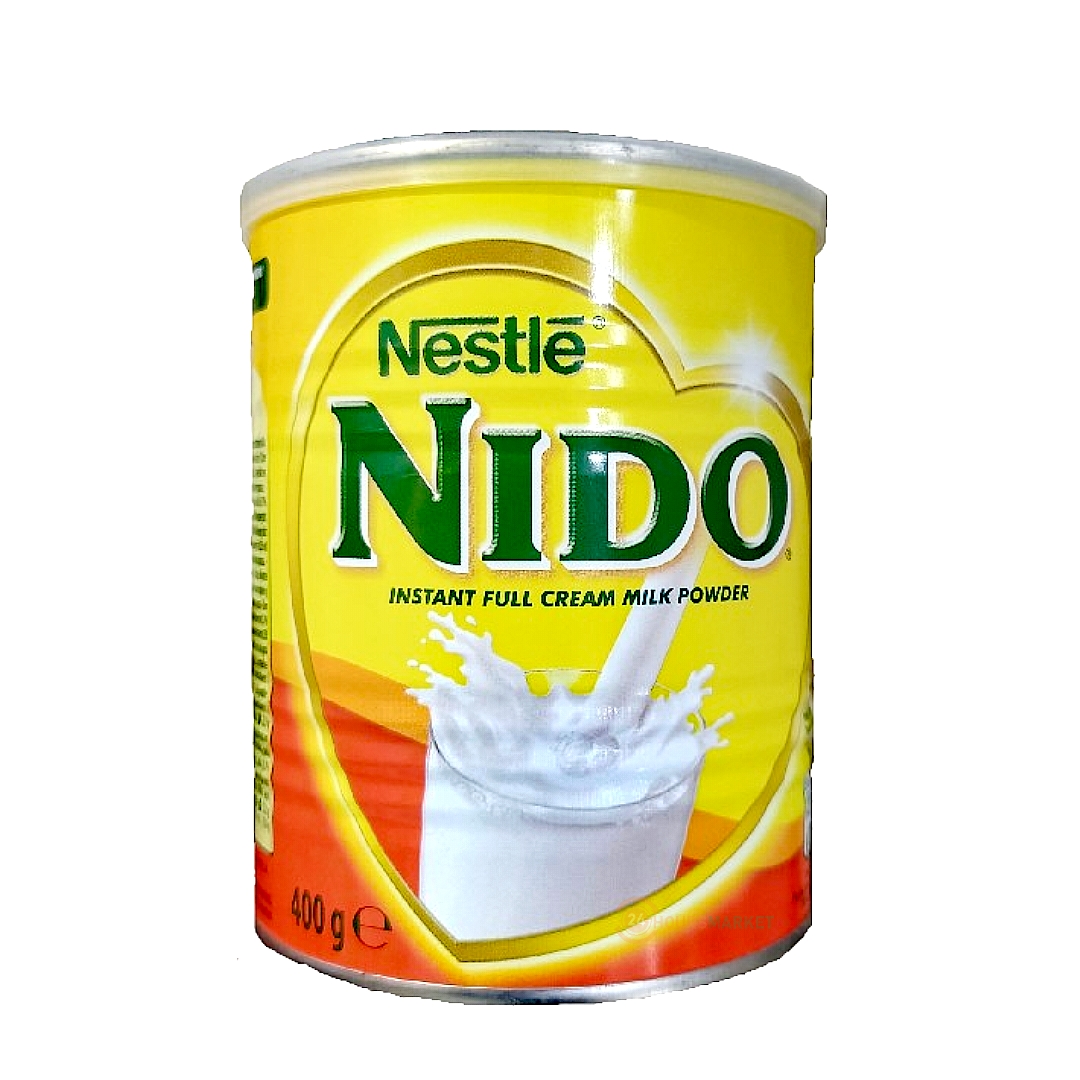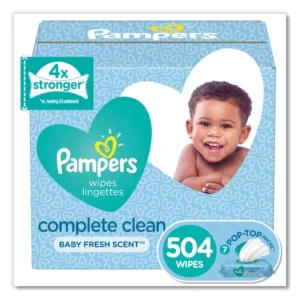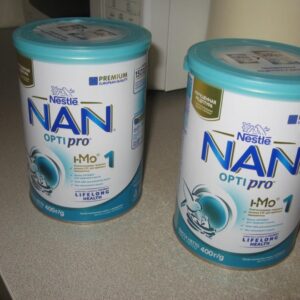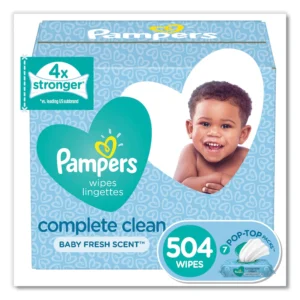Packaging: 100 Jars
Price: €3.5
Price of a Pallet including VAT: €350
DLC: 05/26/24
Origin: Switzerland
Ingredients: whole milk powder, emulsifier: soy lecithin.
Who invented powdered milk for babies?
Before the advent of purchasing powdered milk in bulk, maternity hospitals often called upon the good care of donkey’s milk, more rarely goat or sheep milk, to feed orphans or children whose mothers could not purchase it—powdered milk in bulk and who did not have a wet nurse.
It was in 1908 that Maurice Guigoz invented the first milk powder by heating cow’s milk under a vacuum at low temperature. In a few decades, techniques have been perfected and the use of powdered formula milk has become widespread.
We might as well tell you that the use of formula milk has revolutionized the world of early childhood by significantly reducing infant mortality and freeing millions of women from breastfeeding at a time when they were entering the world en masse. work.
Today, France is one of the countries with the lowest rate of breastfeeding at birth with around 60% of mothers compared to almost 100% in Norway or 85% in Italy. At 12 weeks, it drops around 30% for purchasing powdered milk in bulk. Even though breast-feeding is increasing, formula milk remains an essential pillar of our little ones’ nutrition and a major public health issue.
ON THE SAME SUBJECT
Breast milk versus artificial milk: which breast should you choose?
Buy milk powder in bulk at the best prices?
Wholesale powdered milk.
Four questions to understand the crisis of purchasing milk powder in bulk at the best prices.
What’s inside ?
Infant milk is primarily cow’s milk (in the vast majority of cases). A milk designed to transform a 45 kg calf into a 700 kg beef! A milk that is suitable for a herbivorous animal with a digestive system very different from humans. This is why, in its raw form, it is not really suitable for human babies. In particular, it contains three times too much protein, too much saturated fat and not enough lactose and other sugar products. It lacks vitamins and iron but contains too much sodium and calcium.
This is why powdered milk is completely transformed to suit the needs of the little man. It is skimmed, pasteurized, enriched with lactose, glucose, vitamins and amino acids. Vegetable fats and emulsifiers are also incorporated. We mix everything, dry it and obtain the famous 1st and 2nd age infant milks! Some milks can be enriched with probiotics, fiber (prebiotics) or nucleotides which help the baby’s digestive system to be established.
The recent scandal of Lactalis milk contaminated with salmonella is another episode which shows to what extent infant feeding is a sensitive subject.
At the end of this complicated process of purchasing milk powder in bulk at the best prices, the milk powder displays a composition that is very close to breast milk. The main differences being the absence of antibodies and (most often) other products such as choline (which is involved in infant brain development). Finally, breast milk is scalable and naturally adapts to variations in the baby’s needs with much more finesse than infant milk.
Who controls it?
The purchase of powdered milk in bulk is subject to specific European regulations intended to protect babies. Marketing is strictly controlled and promotional arguments are supervised, which does not prevent marketing from operating at full speed with very wide ranges of products. From a health point of view, the plant protection products used for its manufacture are limited and controlled. Pesticide residues are not prohibited but limited to 0.01 mg per kg per active substance.
In 2008, the contaminated milk scandal in China affected 300,000 babies and caused a 30 to 40% drop in sales in the Chinese sector. This affair went down in history as one of the worst scandals in the global agri-food industry, even leading to death sentences.
On the other hand, nothing prohibits the use of non-organic cow’s milk and there is no specific legislation limiting the purchase of powdered milk in bulk, present in half of baby formulas according to a 2014 study. And as the Lactalis affair shows, production processes can be further improved to guarantee maximum food safety for our babies who need other sugar products.






Reviews
There are no reviews yet.